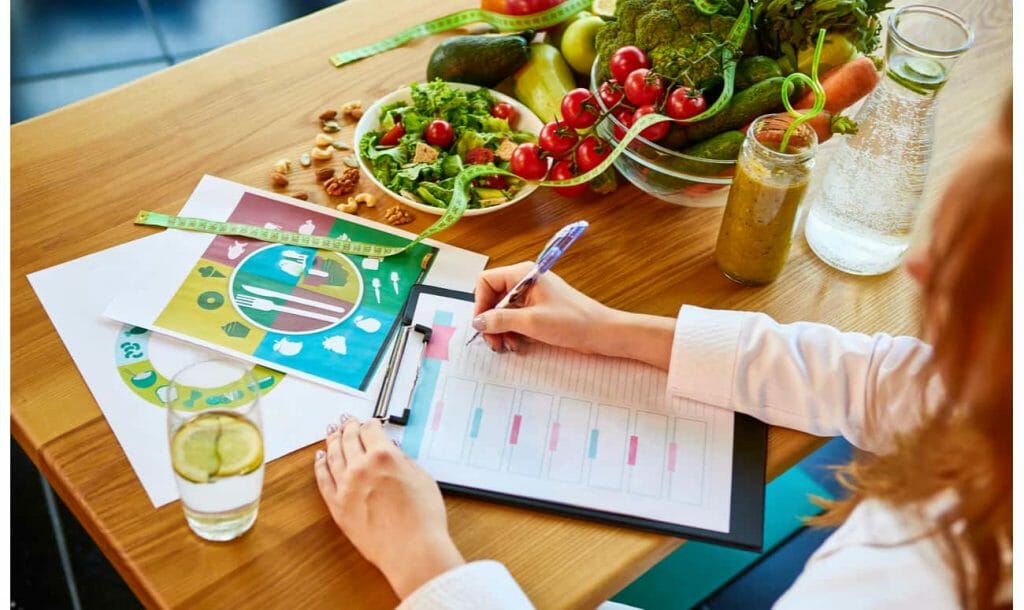When it comes to health and nutrition, it is common knowledge that one size doesn’t fit all. However, there are general rules of thumb to determine what you should eat that you can follow for better overall well-being. Especially when you’re struggling with lethargy and low energy levels or feeling painfully bloated, having three balanced meals a day can help you return to your absolute best.
While there is comprehensive information available readily on what to eat, when to eat is another piece of the health puzzle. Here’s a breakdown of what you should be eating, and the best time to eat your meal for optimal health.
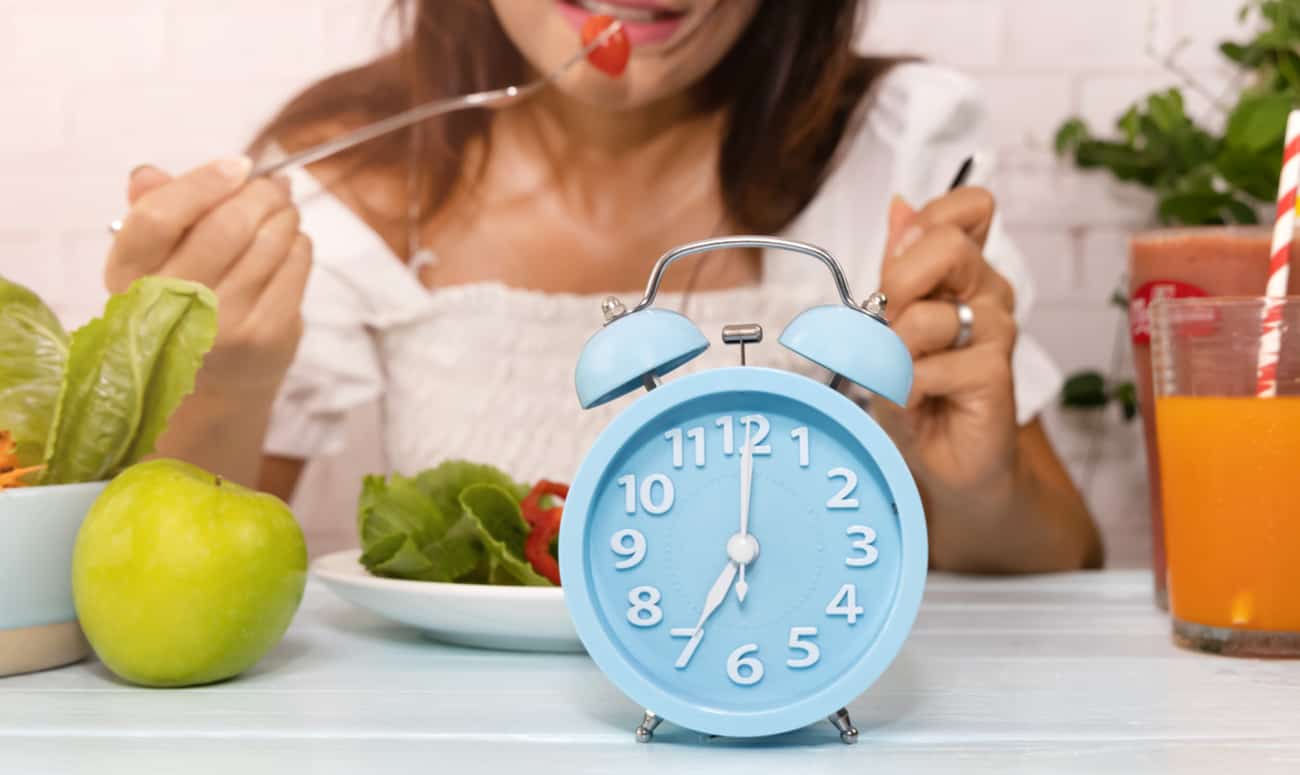
Breakfast
Responsible for boosting metabolism and keeping chronic diseases at bay, breakfast doesn’t get the credit it deserves for being the most important meal of the day. The ideal time to eat your first meal is within two hours of waking up. Having a balanced breaky that consists of protein and fibre rich foods is essential in maintaining blood sugar levels. It will keep you fuelled, focuses, and energised all day long and prevent unnecessary overeating throughout the day.
Your ideal breakfast should consist of
50% fibre: like leafy greens, fruits (berries are great!), oats
25% protein: cottage cheese, tofu, kidney beans
25% healthy fats: avocado, coconut oil, olive oil
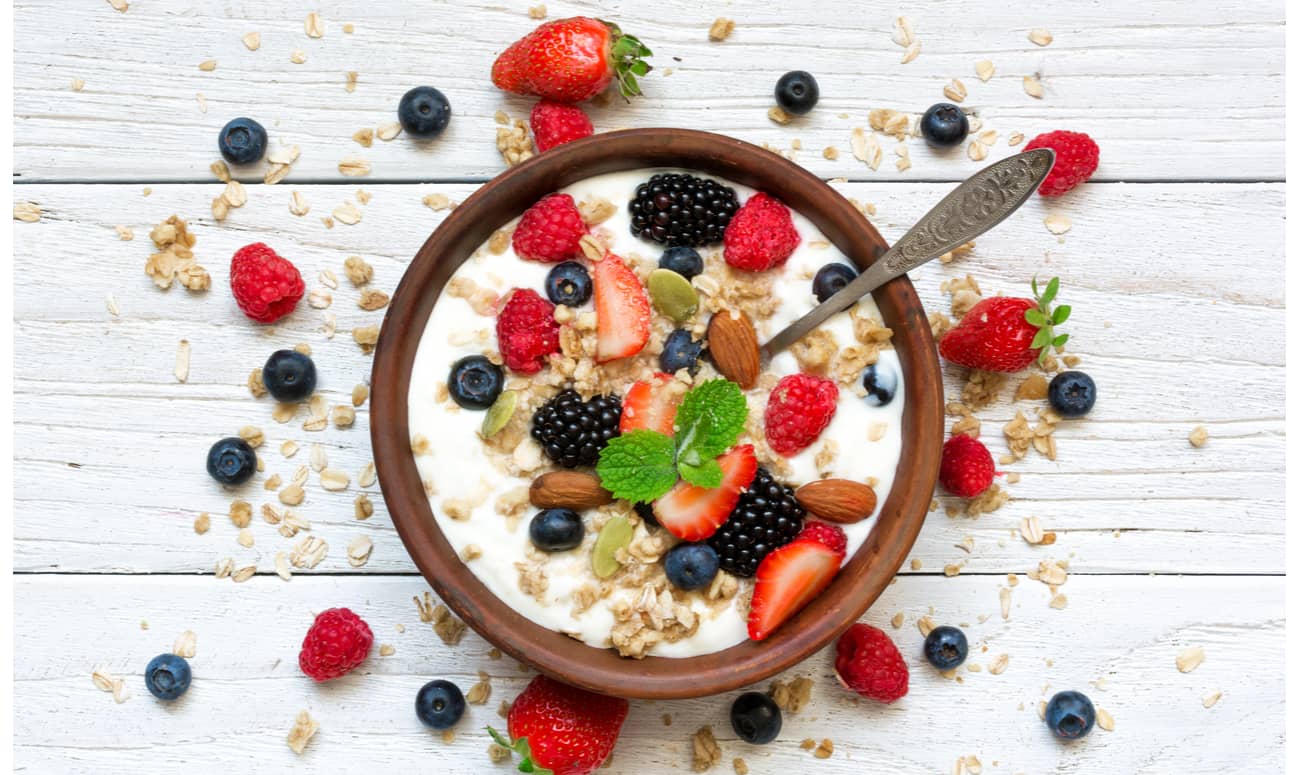
Lunch
Keeping too long a gap between breakfast and lunch can lead to unhealthy food choices, energy slumps and junk food cravings. The optimal time to eat lunch is around 1pm, which lends to mental clarity and renewed energy, while maintaining enough of a buffer between breakfast and dinner. Having your lunch before your body is craving it by 3pm leads to better markers of health. It’s not only important to provide fuel to your body to keep yourself going but is super beneficial for your mental health as well.
Your ideal lunch should consist of
50% fibre rich vegetables: green leaves like spinach or kale, sprouts, capsicums
25% protein: lentils, lean cheeses, and other pulses
25% healthy fats: avocado, coconut oil, olive oil
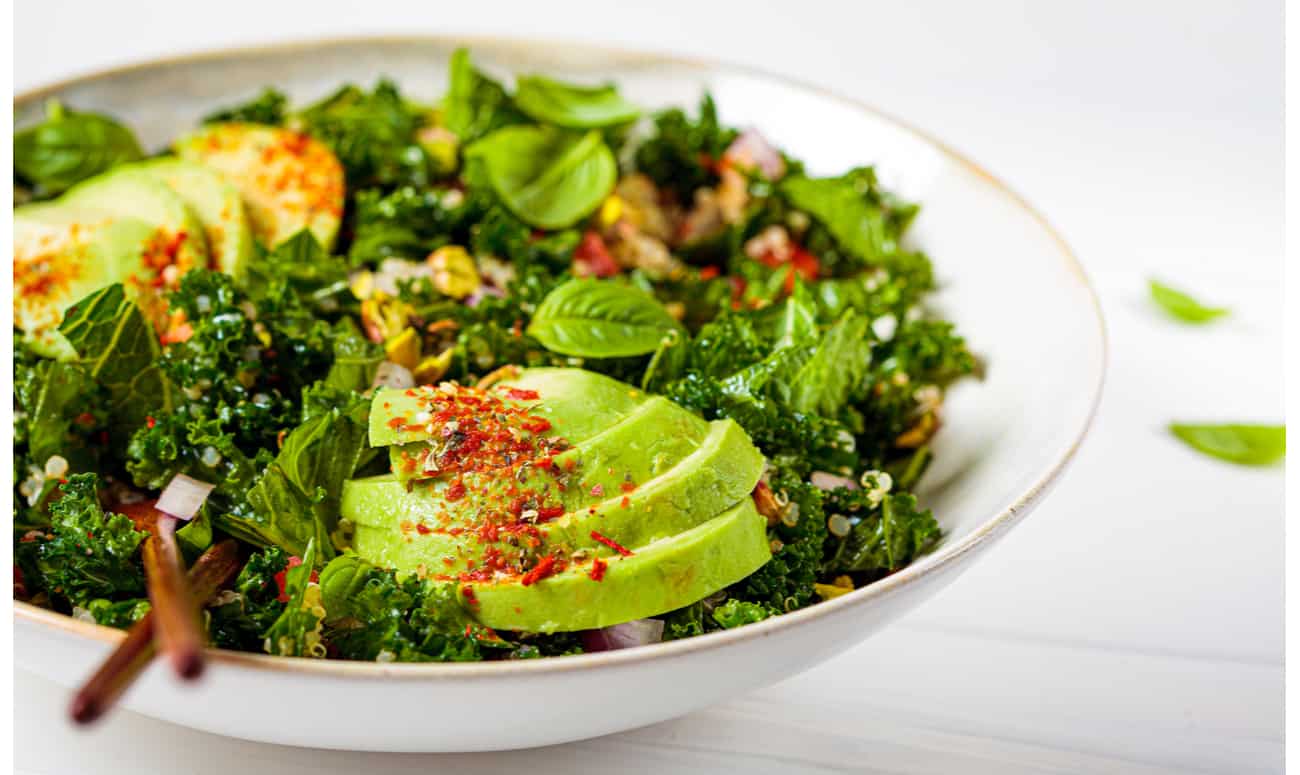
Snack
Snacking on something small and healthy is ideal to bridge you over from lunch to dinner. While the jury is still out on what the benefits are of snacking, if you’re hungry, honour it and give in to what your body is trying to tell you. If you need a distraction from eating unhealthy snacks, a cup of herbal tea is great to quash your cravings. However, if you don’t satisfy your appetite with tea, try and think of your snack as a mini meal that avoids over-processed foods, just as your main meals would.
An ideal snack consists of
50% fibre
50% protein
Some great snack ideas are – sabudana, sliced carrots and cucumber, almonds and dry fruits, fruits.
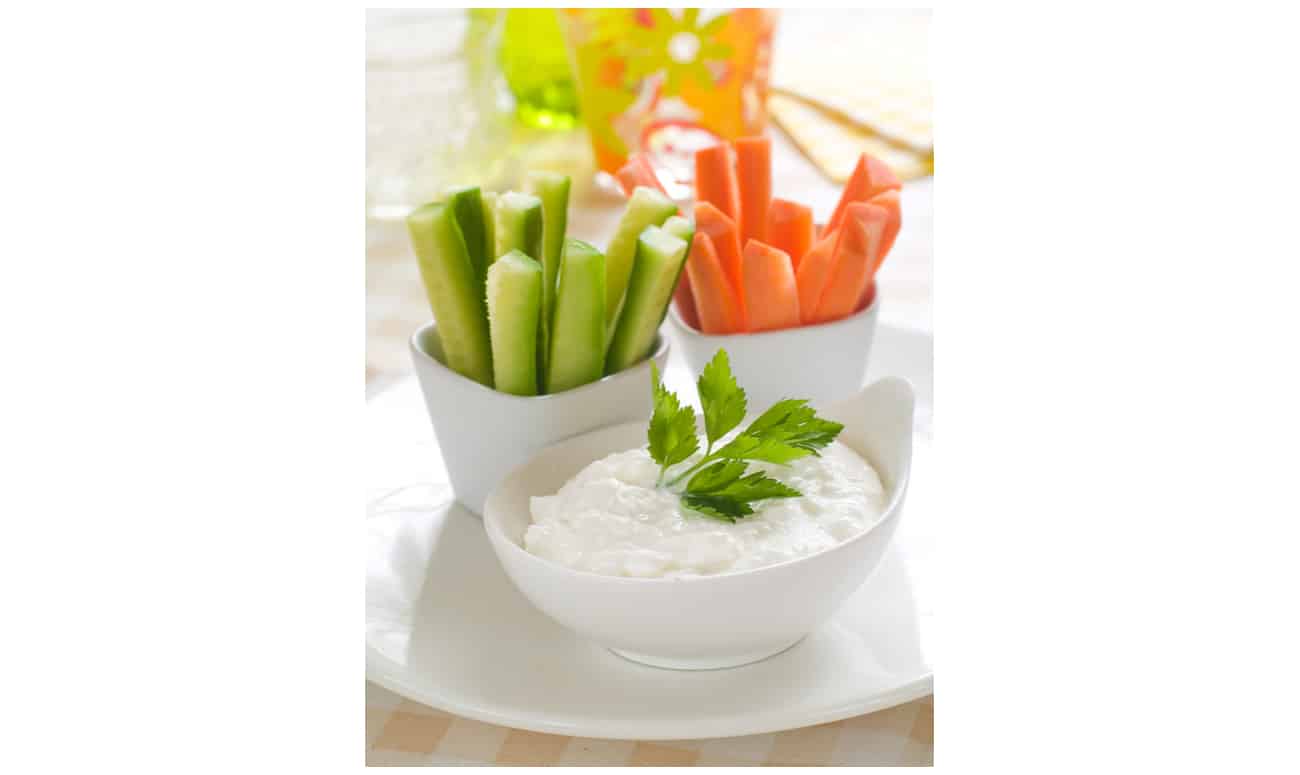
Dinner
When you’re busy toiling at work till late or out with friends, the last meal of your day can end up getting tricky. Even if you’re not following an intensive diet, eating dinner 3-4 hours before you go to bed allows for natural fasting and efficient digestion. It helps the body replenish, restore, and rejuvenate itself while sleeping, without spending any energy on the actual digestion process. Late dinner habits have shown to cause weight issues and chronic diseases. For example, if you usually sleep at 11pm, finishing dinner by 7-7:30pm is optimal.
An ideal dinner consists of
50% fibre rich vegetables: beetroot, spinach, whole grains
25% protein: lentils, broccoli, Greek yoghurt
25% complex carbohydrates: brown rice, potatoes, whole wheat rotis
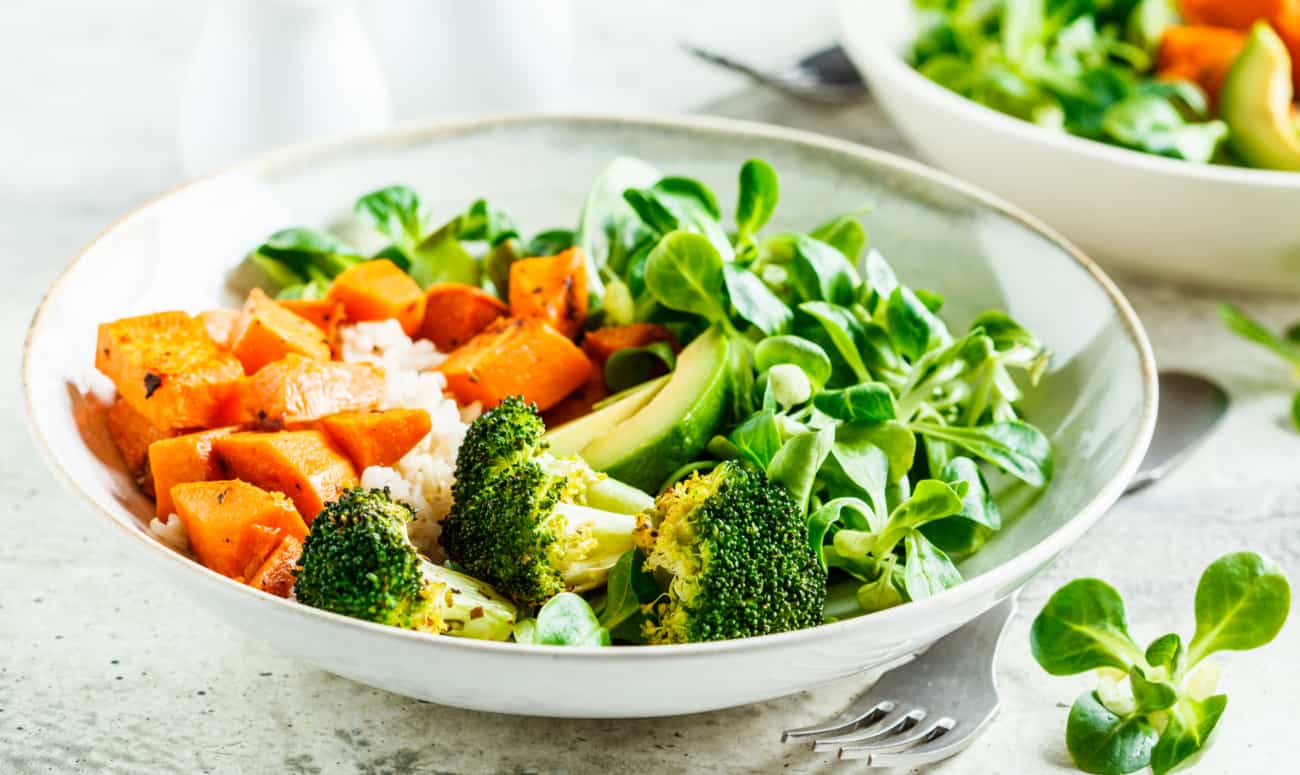
While we know sticking to a diet is a strenuous process, the benefits that accrue to your body in the long run makes it quite instrumental in living a long, healthy life. However, if you feel like you want to eat something unhealthy to satisfy your cravings on a particular day, we say go for it! It makes eating healthier in the long run more sustainable and prevents gorging on junk food on a regular basis. Hope this guide helps you live your healthiest life!
Read more: Why Traditional Eating Habits Are Healthy
Like & Follow ThinkRight.me on Facebook, Instagram, Twitter, and Telegram to stay connected.
